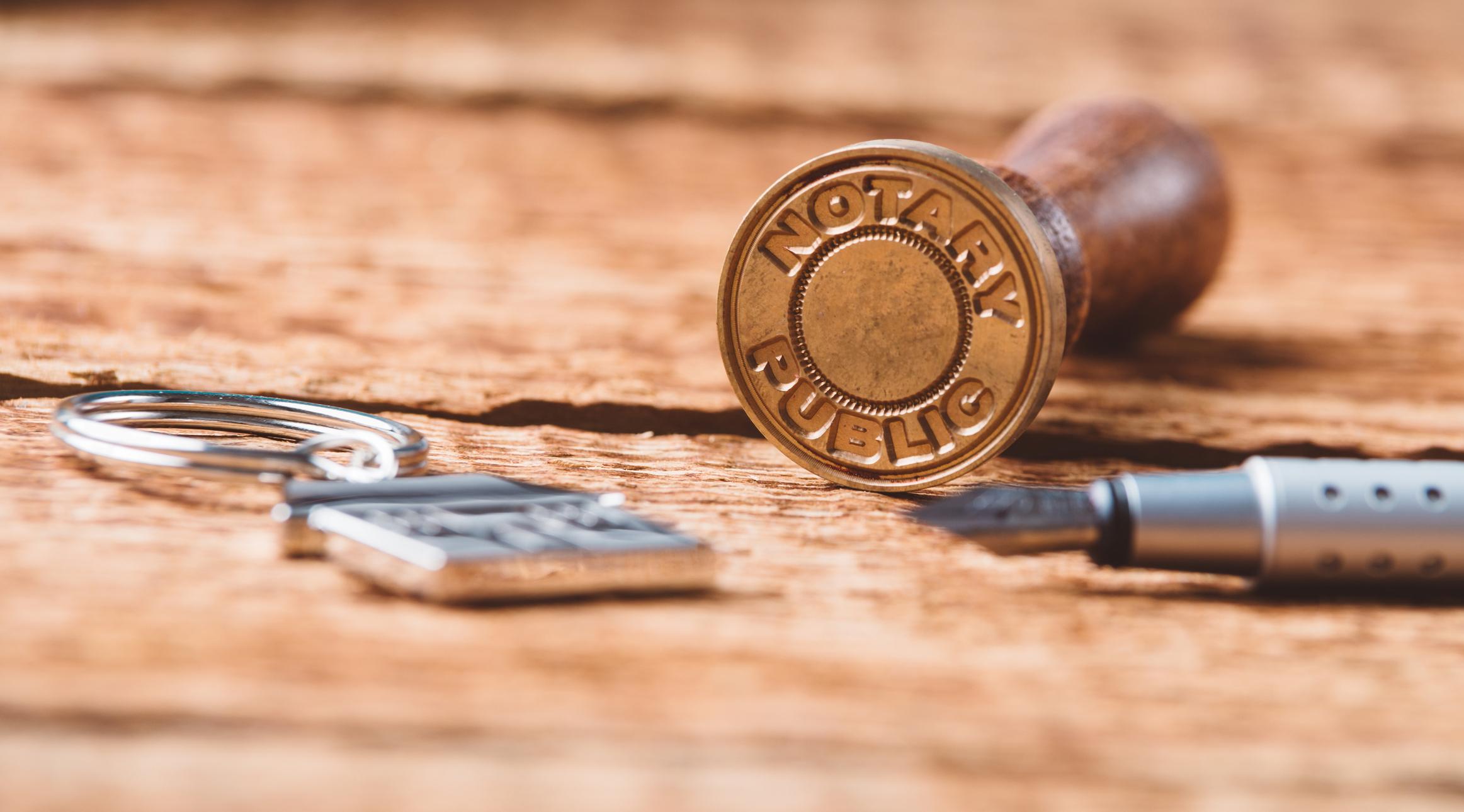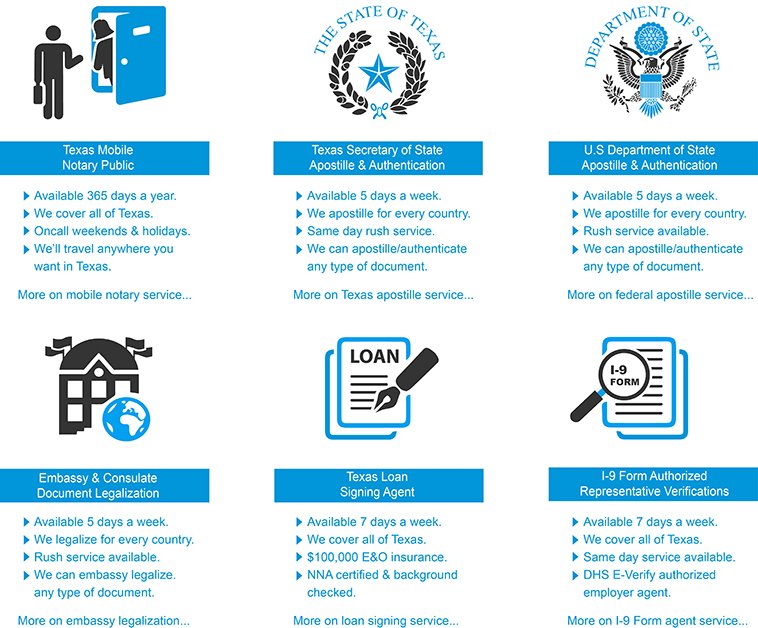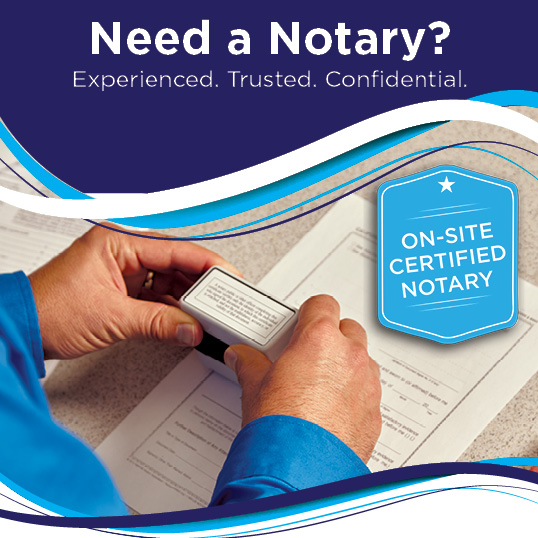Demystifying Notarial Job: Simplifying the Duty and Significance of Notaries
Their role, frequently shrouded in secret for many, carries significant weight in making sure the validity and integrity of essential files. By deciphering the intricacies bordering notarial practices and dropping light on the value of their acts, a more clear understanding emerges of the essential role notaries play in maintaining the material of legal and contractual agreements.
The Background of Notarial Work
Just how did notarial work evolve with time to end up being an indispensable component of lawful and business deals? The history of notarial job go back to old worlds, where scribes played a crucial role in taping important information and validating records. As cultures advanced, the need for a much more formalized system to make certain the credibility of arrangements emerged. This brought about the advancement of notaries, people appointed by the state to work as objective witnesses in lawful issues.
During the Center Ages, notaries acquired prestige in Europe, with their functions expanding to include drafting lawful papers, certifying trademarks, and preserving records. The increase of international trade better emphasized the significance of notarial job in verifying agreements and agreements throughout borders.
In the modern age, notaries remain to play an essential role in lawful and business purchases by confirming identifications, verifying the credibility of records, and stopping fraudulence. Their function in accrediting the credibility of agreements includes a layer of security and depend on to the ever-evolving landscape of business and regulation.

Duties and Responsibilities of Notaries
The historical evolution of notarial job from ancient civilizations to the modern-day period has shaped the distinctive obligations and responsibilities that notaries support in lawful and service purchases today. Notaries play a crucial role in confirming the credibility of records and the identity of signatures. Among their primary obligations is to witness the signing of crucial papers, such as actions, wills, and agreements, to make sure that all celebrations are entering right into arrangements purposefully and willingly. Notaries additionally verify that signatories are of sound mind and not under discomfort or browbeating.
Furthermore, notaries are entrusted with administering affirmations and vows, which are essential in legal procedures and the execution of sworn statements. They certify copies of initial documents, offering assurance to establishments that the duplicates are true replicas of the originals. Notaries should preserve exact records of all purchases they oversee to ensure openness and accountability. On the whole, the obligations and obligations of notaries are vital in securing the integrity and legitimacy of different documents and transactions.
Notarial Certificates and Signatures
Exhibiting thorough attention to detail, notarial certificates and signatures work as important elements in verifying the authenticity of lawful files. Notarial certificates commonly include crucial information such as the date of notarization, the names of the signatures, a summary of the record, and the notary's main seal. These certificates give a clear document of the notarial act, ensuring that the paper can be easily identified and mapped back to the notary who oversaw the process.
Signatures play an essential function in notarial job, as they indicate the agreement Notary and consent of the celebrations entailed. Notaries carefully witness the signing of documents to confirm the identification of the signatures and confirm that they are authorizing of their own totally free will. By fastening their main seal and trademark to the file, notaries license that the essential treatments have been adhered to and that the file is legitimate and enforceable.
Fundamentally, notarial certifications and trademarks are the characteristic of authenticity in lawful purchases, providing assurance to all celebrations involved that the files are genuine and binding.
Value of Notarial Acts

Notarization Process Described
Discussing the registration procedure gives clearness on the essential steps included in verifying lawful files. The notarization process commonly begins with the private presenting the paper to a notary public. The notary then confirms the signer's identification through appropriate identification methods. Once the identity is verified, the notary ensures that the private authorizing the record does so voluntarily and without any browbeating.

Final Thought

Notarial certifications normally consist of essential info such as the date of registration, the names of the signatures, a summary of the record, and the notary's main seal. These certificates give a clear document of the notarial act, ensuring that the paper can be conveniently recognized and mapped back to the notary that looked after the procedure.
By fastening their official seal and trademark to the paper, notaries certify that the necessary treatments have actually been followed and that the document is enforceable and legitimate.
By verifying the identity of the notaries, confirming their desire to get in right into the contract, and licensing the day and place of the signing, notaries play a crucial role in supporting the legitimacy of lawful files.After the file is signed, the notary will attach their official seal or stamp onto the document.